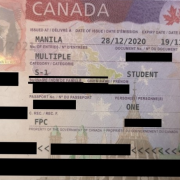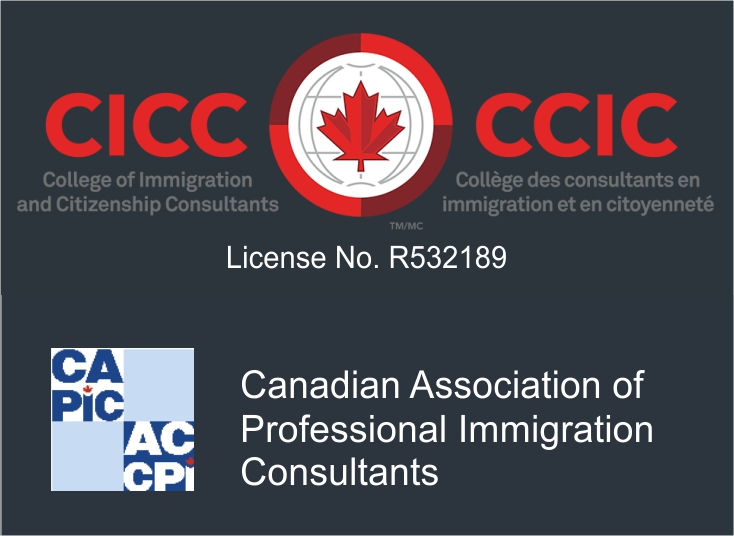Understanding Canada’s Education System
Things you need to know about Canada’s education system before you apply.
Canada quality, world-class education makes it one of the top destinations for international students. If you are planning to study in Canada, you must understand Canada’s education system. This will help you make the right choice on where and what to study.
This article will take a closer look at post-secondary education. Post-secondary education is for students who have already completed secondary education, also known as high school.
Three Semesters
Canada has 3 semesters a year. These normally start on January, May, and September. One academic year in Canada is usually equivalent to 2 semesters of study.
University vs College
Both universities and colleges are post-secondary institutions. A university is authorized to grant degrees. These can be bachelor’s degrees, master’s degrees, and PhDs.
A college, for the most part, is not authorized to grant degrees. Colleges offer certificate or diploma programs that focus on specific aspects of a career. Where a bachelor’s degree is more well-rounded and equips students with all aspects of a certain field, college courses focus on improving a person’s skills and employability in a specific area and focuses only on certain skills.
Certificate vs Diploma
The difference between a certificate and a diploma is in the length of the program. College certificate programs usually have a duration of 1 academic year, whereas college diploma programs usually have a duration of 2 academic years. There are also advanced diplomas with a 3-year duration.
Levels of Post-Secondary Education
There are different levels in post-secondary education. This can be ordered from lowest to highest as follows: College Certificate, College Diploma, Bachelor’s Degree, Graduate Certificate, Graduate Diploma, Master’s Degree, and PhD.
A college certificate or college diploma is a post-secondary degree. Admission to one of these programs usually require a secondary or high school diploma only. On the other hand, a graduate certificate or graduate diploma is a post-baccalaureate degree. Admission to this program would require a bachelor’s degree.
What’s Next?
I hope this article has cleared up a few things for you. An international education comes with many benefits to your career, but is not always cheap. It is therefore important to understand Canada’s education system and make the right choice.
Are you looking to study in Canada and perhaps explore permanent residency options after you graduate? If so, we can help you kick-off your journey. We will assess your previous education, work experience, and career prospects, and evaluate your eligibility for future permanent residency. We will then make recommendations on suitable study programs for you.
Contact us today and let’s start a conversation about your future.
______________________













Leave a Reply
Want to join the discussion?Feel free to contribute!